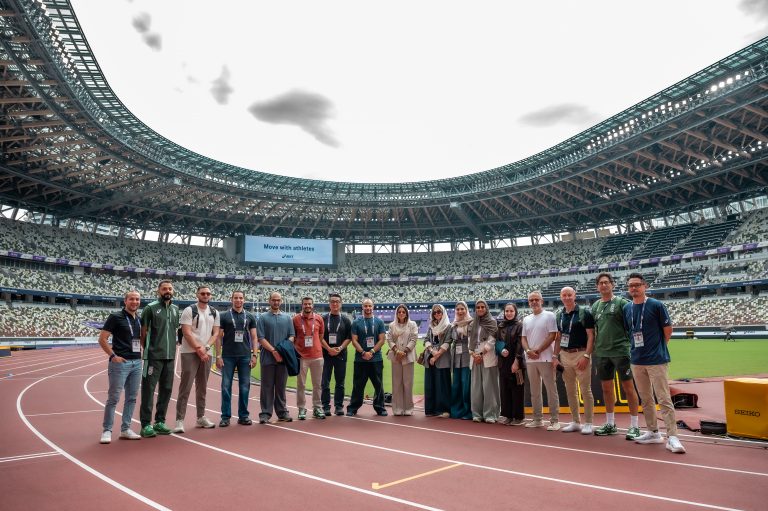Our bodies are different and we embrace and appreciate the uniqueness
We are advised not to make judgments based on outward appearance alone, but we often do precisely that (subconsciously or not). This sentiment of looking beyond physical appearance is echoed in the ethos of the body positivity movement.
A healthy body is by no means a one size fits all metric. It is not synonymous with washboard abs or a number on the scale. We at the SFA believe that a healthy body is a physically active one, fueled by nutritious foods, and adequately rested.
And of course, our mental health and well-being factor tremendously into this equation (Check out our guide on how to harness meditation for a clear mind here!).
What exactly is body positivity?
The movement is very subjective and is heavily debated. Broadly, it refers to the idea that people deserve to have a positive body image regardless of what popular culture deems the “ideal” size.
It is crucial that we remind each of our bodies is unique; we shouldn’t be comparing ourselves to other people or heavily-edited media images. We are all born with a different genetic makeup—you may stand at 155cm while your sibling is 190cm. Or you may look leaner, but your friend can lift heavier. And a lot of changes can happen naturally due to aging, pregnancy or any other experience life throws our way.
Fast Facts
- While comprehensive statistics about body image in the wider region are lacking, a study done on female students in the UAE found that 74% were dissatisfied with their current body image. This number is in line with the 80% of women in the United States.
- A survey done in the UK revealed that only 21% of adults were satisfied with their body image.
- Many experts have found that social networking sites are negatively correlated to body image regardless of gender. Their studies have shown that exposure to edited photos and feedback via likes or status updates were especially problematic.
- A study that sought to investigate the effect of viewing body positive Instagram posts on young women’s mood and body image found that those who were briefly exposed to body positive posts reported improved mood and body appreciation.
- People who exercise have a more body positive image than those who don’t, according to researchers.
In addressing body positivity, we want to shed light on how body image can impact our self-esteem, mental health, and overall well-being. We hope to encourage people to reflect on how they define healthy and the language they use. Let’s work to promote a more inclusive health community together.
Research has found that some people are reluctant to work out at gyms due to insecurity about the way they look. Let’s encourage each other!
It is okay to admit you don’t always love everything about your body. It’s okay to feel neutral about it. Your worth and value do not lie in your shape or your size or any other aspect of your appearance.
Healthy Living is a frequently updated content section brought to you by the Saudi Sports for All Federation. In the spirit of supporting our #HealthyActiveCommunity, we’re sharing tips around wellness, physical activity and more!






